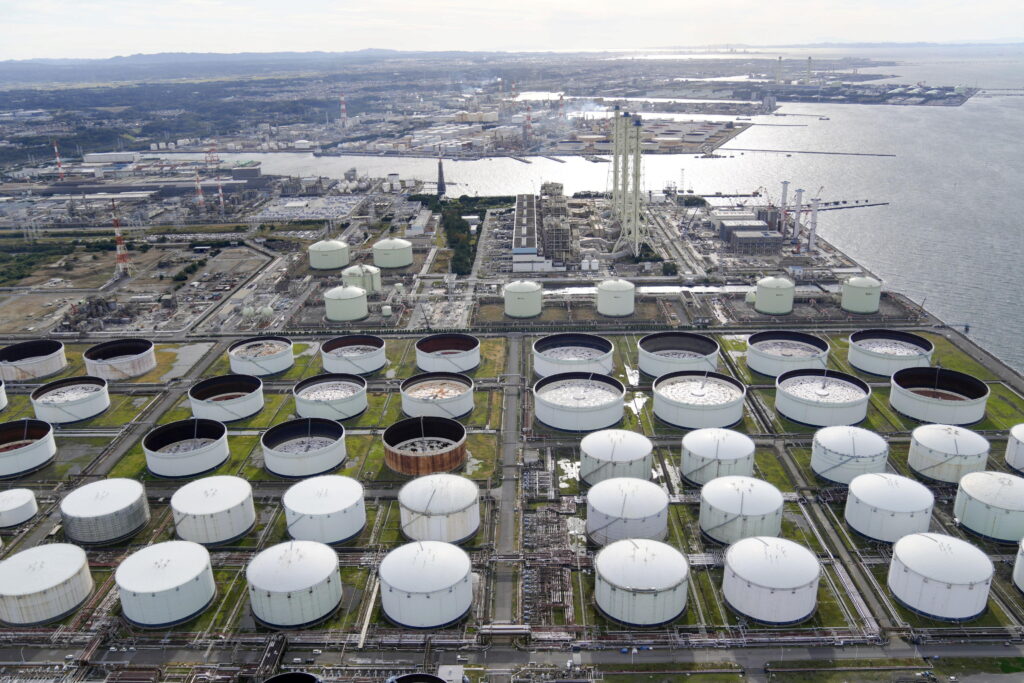LONDON (Reuters) -Oil prices edged lower on Thursday on growing expectations that key Western economies will maintain high interest rates to tackle stubborn inflation. By 1312 GMT, Brent crude futures were down 66 cents at $95.89 a barrel after rising to their highest level since last November earlier in the session. The November contract expires on Friday.

The December Brent contract was down 65 cents at $93.71 a barrel.
U.S. West Texas Intermediate crude futures (WTI) were 76 cents lower at $92.92 a barrel, after rising above $95 earlier in the session for the first time since August 2022.
The spike in crude prices earlier in the session reflected scarce supply and inventory declines, analysts said.
But as Brent prices approach $100 a barrel, concerns are mounting that central bankers will be forced to persist with high interest rates to curb sticky inflation fuelled in part by the high cost of energy.
“Investors know that higher oil prices are going to hurt the economy as economic activity will drop – not to mention the fear of (interest) rates staying higher for longer,” said Naeem Aslam of Zaye Capital Markets.
U.S. crude stocks fell by 2.2 million barrels last week to 416.3 million barrels, government data showed, far eclipsing the 320,000-barrel drop analysts expected in a Reuters poll. [EIA/S]
Crude stocks at the Cushing, Oklahoma, storage hub that is the delivery point for U.S. crude futures fell to less than 22 million barrels, the lowest since July 2022, data showed.
Stockpiles at Cushing have been falling to near historic lows due to strong refining and export demand, prompting concerns about quality of the remaining oil at the hub and whether it will fall below minimum operating levels.
The crude draws follow combined voluntary cuts of 1.3 million barrels a day to the end of the year by Saudi Arabia and Russia, part of the group known as OPEC+ comprising the Organization of the Petroleum Exporting Countries (OPEC) and allies.
Russia’s ban on fuel exports will not be lifted soon and will remain in place until the domestic market stabilises, the state-run TASS news agency reported on Thursday, citing Russian Energy Minister Nikolai Shulginov.
Russia has not discussed with OPEC+ a possible crude oil supply increase to compensate for its fuel export ban, the Kremlin added on Thursday.



